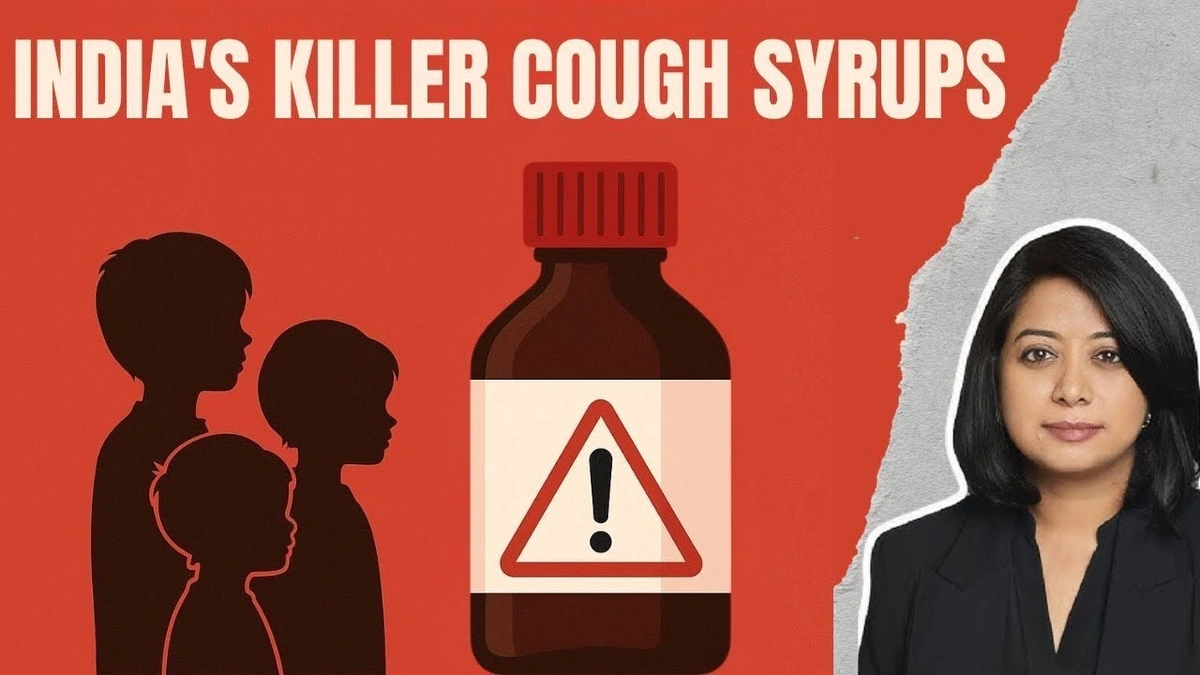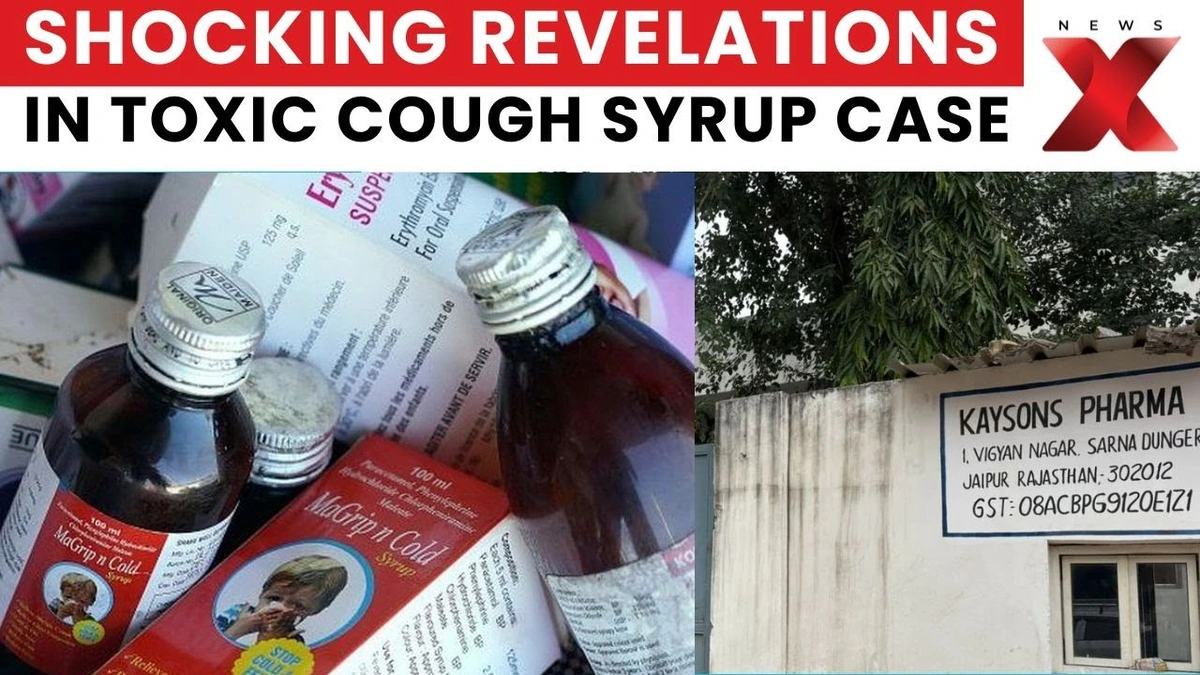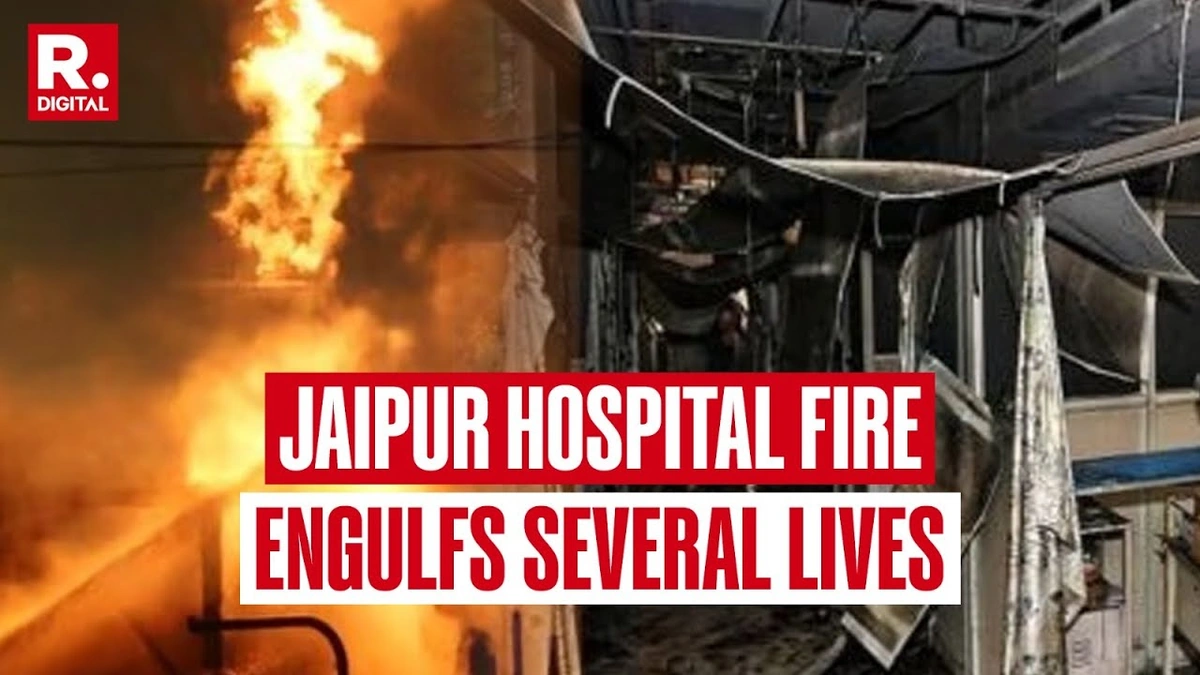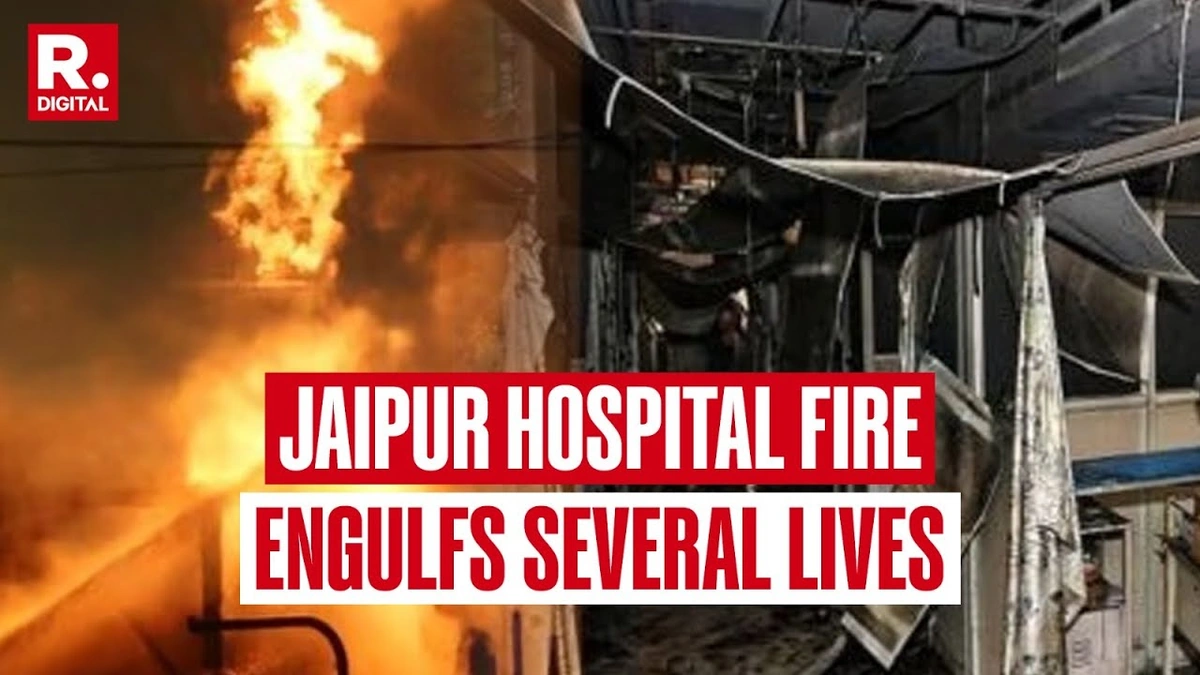India’s Trust Eroded | Another Toxic Cough Syrup Scandal
Another one? Really? It feels like every few months, we’re hit with another headline about tainted cough syrup, and the gut punch is always the same. This isn’t just about medicine; it’s about trust. India’s Trust Eroded isn’t just a catchy title; it reflects a deep-seated anxiety many of us feel when we reach for something as basic as cough syrup for our kids. The question isn’t just “How did this happen again?” but “ Why does this keep happening, and what can we do about it?” That’s what we’re going to unpack here. Let’s be honest, it’s a scary situation, and pretending it isn’t won’t help anyone.
The Recurring Nightmare | A Timeline of Tainted Medicine

It’s easy to get lost in the details of each individual case – the specific manufacturers, the specific contaminants, the specific countries where these syrups end up causing harm. But here’s the thing: zooming out reveals a deeply unsettling pattern. We’re not talking about isolated incidents; this is a recurring nightmare. Whether it’s diethylene glycol or ethylene glycol, the presence of these toxins points to systemic failures in quality control. And the implications for public health are devastating. Reports surface that are heart wrenching, especially as they relate to children who are more vulnerable. It’s important to remember that these incidents aren’t just numbers; they’re lives irrevocably altered.
And it affects global perceptions of Indian pharmaceutical products. When Indian pharmaceutical exports are questioned, it impacts the entire industry and its reputation. This isn’t just a national issue, it’s an international one.
Digging Deeper | Why Does This Keep Happening?
Okay, let’s get real. What fascinates me is not just that it happens, but why . Is it simply a matter of cutting corners to maximize profits? Are regulatory loopholes being exploited? Or is it a more complex combination of factors? The truth, as usual, is probably a bit of everything. What I initially thought was straightforward quickly revealed itself to be multi-layered.
Several factors contribute to the cough syrup scandal India. The lure of profit can drive some manufacturers to use cheaper, substandard ingredients. Weak enforcement of regulations and inadequate testing facilities also create an environment where these practices can flourish. Corruption within the system, while difficult to prove, can’t be ruled out either. The World Health Organization (WHO) has issued multiple alerts regarding substandard medicines, some linked to Indian manufacturers (WHO Alert) .
But, here’s the thing – it’s not enough to just point fingers. We need to understand the systemic issues that allow these things to happen in the first place.
The Human Cost | More Than Just Headlines
It’s easy to become desensitized to headlines. We read them, we shake our heads, and then we move on. But behind each of these stories are real people – families who have lost loved ones, children whose lives have been forever changed. It’s essential to remember that toxic cough syrup incidents aren’t just abstract problems; they have devastating consequences. We need to keep the focus on the human cost of these scandals. It’s about more than just statistics; it’s about the real-world impact on individuals and communities. This is the most crucial part of the discussion.
What Can Be Done? A Call to Action
So, what can we do? Are we just supposed to throw our hands up in the air and accept this as the new normal? Absolutely not. The solution isn’t simple, but it starts with demanding accountability. We need stricter regulations, more rigorous testing, and harsher penalties for those who put profits above human lives. This isn’t just the responsibility of the government; it’s the responsibility of each and every one of us. It’s about demanding transparency and holding those in power accountable for their actions. And, crucially, it’s about supporting ethical and responsible pharmaceutical companies. Strengthening regulatory oversight and ensuring quality control are key steps in preventing future tragedies. Let’s be honest – this is a complex issue, but ignoring it is not an option.
We also need increased awareness among the general public. People need to be educated about the risks of substandard medicines and how to identify them. This includes empowering consumers to make informed choices and to report any suspicious activity. It’s about creating a culture of vigilance and demanding higher standards from the pharmaceutical industry. Read More about similar critical issues to get involved.
Rebuilding Trust | A Long and Difficult Road
Rebuilding trust after a cough syrup scandal is a long and difficult process. It requires transparency, accountability, and a genuine commitment to change. The pharmaceutical industry, the government, and the public all have a role to play in restoring confidence in the safety and quality of medicines. This isn’t just about fixing the problem; it’s about rebuilding a system that prioritizes human lives over profits. And that requires a fundamental shift in mindset.
It is important to note that substandard medicine can have devastating consequences for public health and undermine confidence in healthcare systems. The recurring nightmare of tainted medicine requires coordinated efforts and proactive solutions. It’s about more than just regulations; it’s about building a culture of safety and responsibility. The question that we need to ask ourselves is – what legacy do we want to leave for future generations? Will we be remembered as the generation that allowed these tragedies to continue, or the generation that finally said enough is enough?
Here’s the thing: the solution lies in collective action. From individual consumers to government agencies, everyone has a role to play in ensuring the safety of medicines. Stricter regulations, increased awareness, and a commitment to transparency are essential steps in preventing future tragedies. And, most importantly, we need to remember the human cost of these scandals and never forget the lives that have been lost. Let’s ensure there are no more instances of India’s trust eroded by negligence or greed.
And if we want to see meaningful change, we need to stay informed, stay vigilant, and demand accountability. Otherwise, we’re just waiting for the next headline to break our hearts all over again.
FAQ Section
Frequently Asked Questions
What are the common contaminants found in these cough syrups?
Diethylene glycol and ethylene glycol are the most common contaminants, both of which are toxic and can cause kidney failure and death.
How can I ensure the cough syrup I’m buying is safe?
Always buy medicines from reputable pharmacies and check for proper labeling and seals. If something seems off, consult a doctor or pharmacist.
What should I do if I suspect a cough syrup is tainted?
Stop using the product immediately and report it to the appropriate health authorities. Seek medical attention if you or someone you know experiences adverse effects.
Are generic cough syrups safe?
Generic medicines are generally safe, but it’s crucial to ensure they are manufactured by reputable companies and meet quality standards. Always check for certifications and approvals.
What steps are regulatory bodies taking to prevent these incidents?
Regulatory bodies are working to strengthen regulations, increase testing, and improve enforcement. However, more needs to be done to address the root causes of the problem. Read more about the recent infrastructure vulnerabilities.
What is the government doing to address this issue?
The government has promised stricter regulations and increased oversight of pharmaceutical companies. However, implementation and enforcement remain key challenges.













